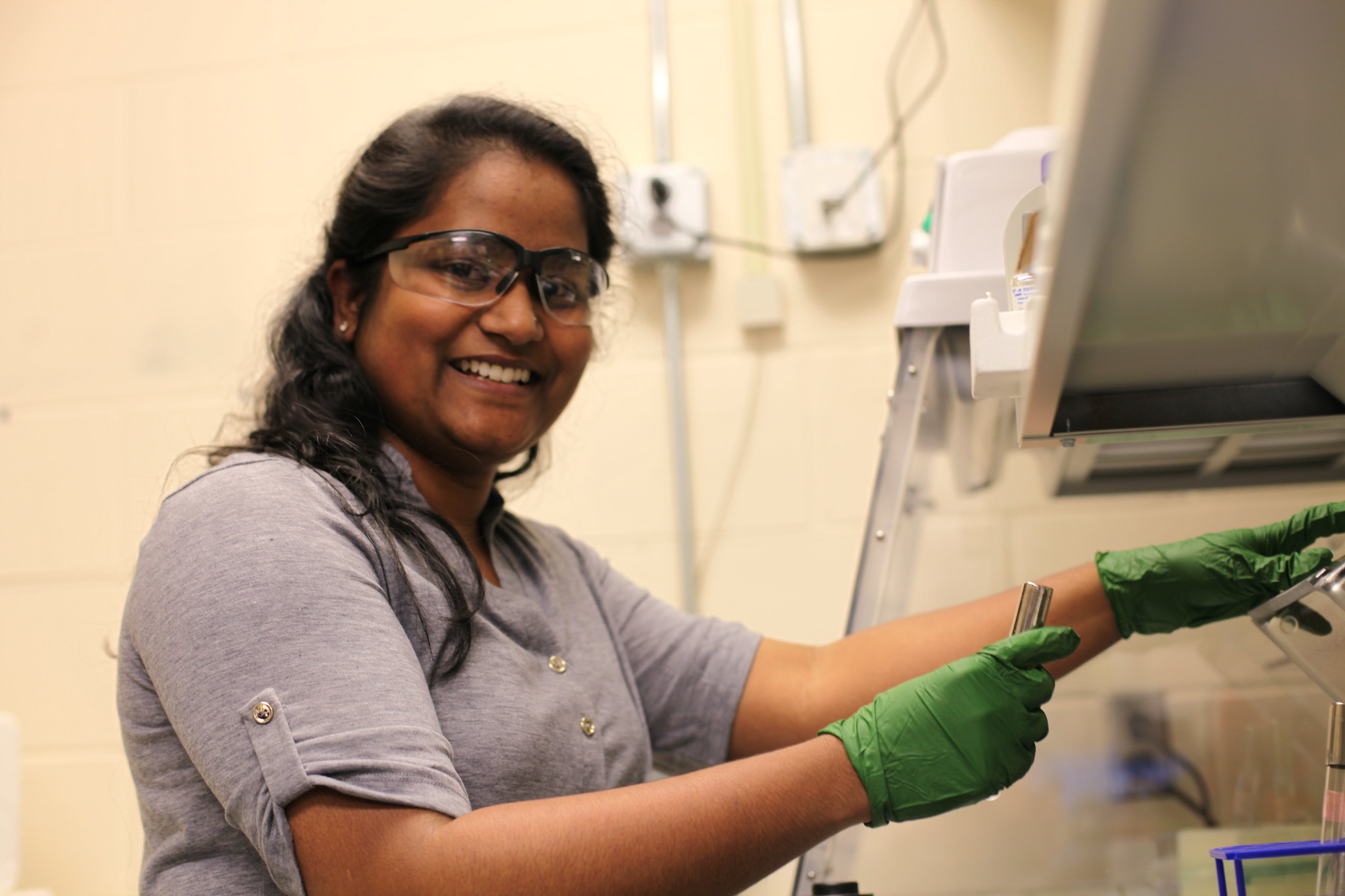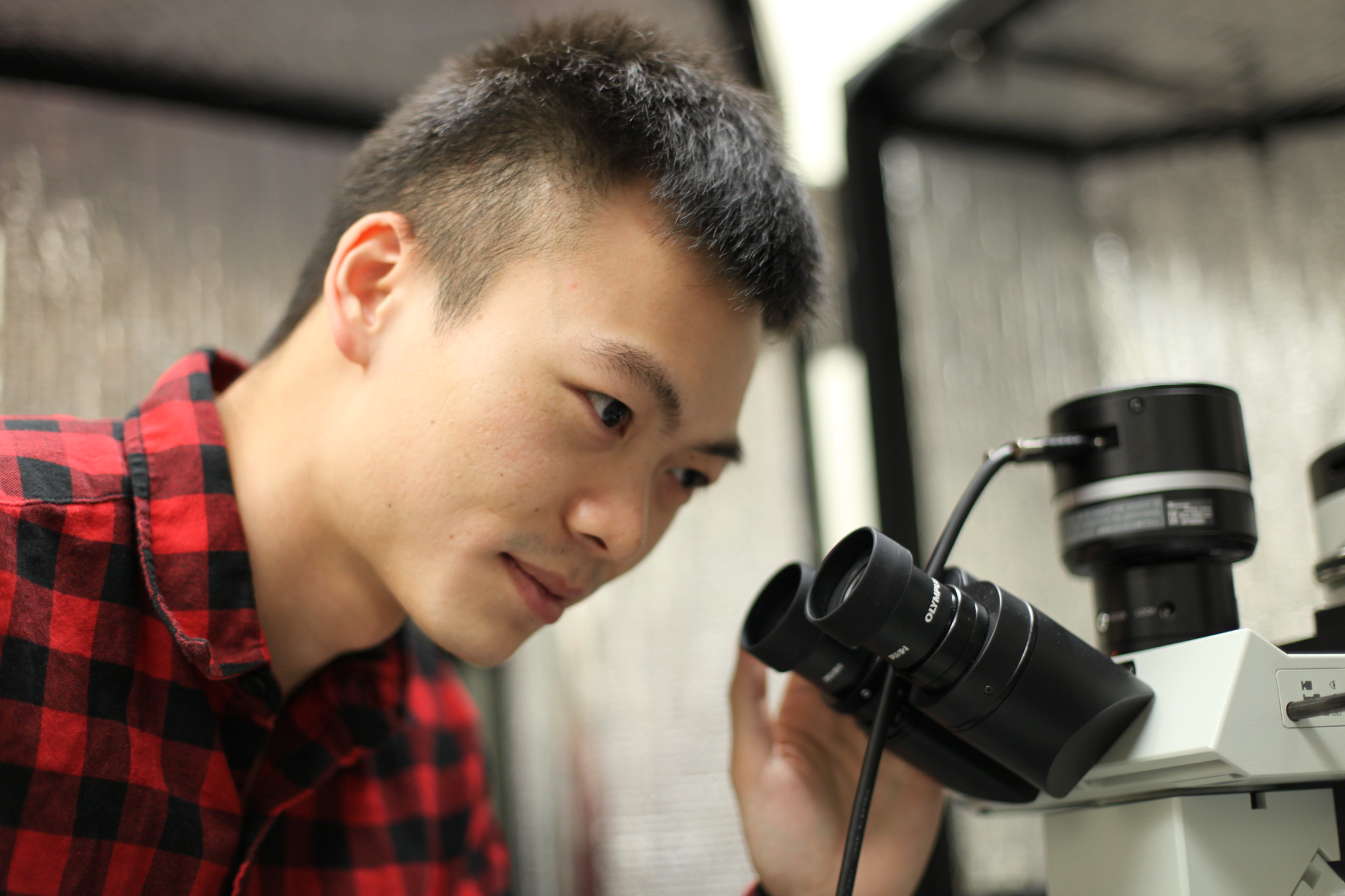Nanoscience & Nanoengineering PhD

In our Nanoscience & Nanoengineering PhD program, you will dive into research in a variety of areas, including next generation solar cell technology and nano-bio imaging of live cells.
Hardrockin' Machines at Mines - Dr. Robert Anderson - Nanoscience and Biomedical Engineering - LLSM
Video

Requirements
Application InstructionsRequirements
- 3.0 GPA
- 3 letters of recommendation
- Official GRE scores
Application
DEADLINE
Fall/February 1; Spring/August 1
CREDITS
Elective:40-50
Research:30-40, MS degree holders eligible for < 30 credit reduction